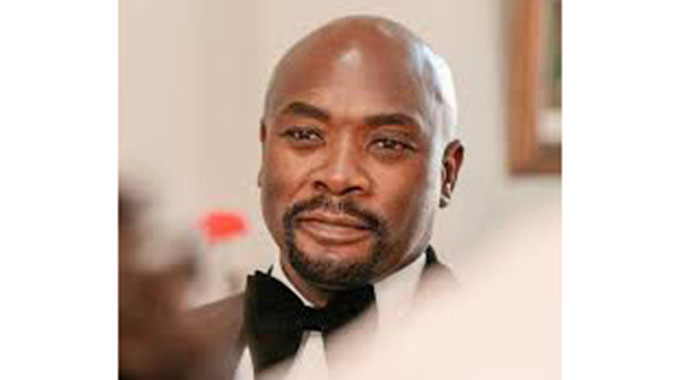Common language errors to avoid
Vuso Mhlanga
It is hard to correct common errors that most people accept as standard use of English.The more we use words in different settings consistently, the more we may not even notice common mistakes in usage. Somehow the mistakes inadvertently, that is unintentionally and unconsciously, become acceptable. In view of this in today’s language class I point out some words and phrases that are often used wrongly.Irregardless
You may hear someone saying: Irregardless of the difficult economic landscape we are currently going through, we are thrifty and we will pull through. The word irregardless does not exist. The word you want is regardless. The word means without consideration to.
Its synonyms are notwithstanding, nonetheless and so on. I suppose people would have the intention of saying irrespective. For instance: Irrespective of the drought, we will pull through given our resilience and resourcefulness we have as a people.
By all means
Dawn: Please Dean, bring my Literature notes tomorrow. Don’t forget.
Dean: I will try by all means to bring it
The phrase has been used wrongly in the situation that we have just referred to. Can you discern how we have arrived at that position? Well, the phrase by all means is the same as saying surely or certainly.
The phrase does not go hand in hand with the phrase try my best. It means without any doubt. So if Dean were very sure that he would bring the Literature notebook his reply would simply have been, “By all means “.
Complement and Compliment
The term complement is a noun. It means something (or someone) that completes and works hand in hand with. For instance, in Christian weddings you often hear the religious leader presiding over spiritual matters saying that the newly-weds will complement each other; each with his/ her unique makeup will fill the void where each of them is lacking.
The term compliment can be a noun meaning praise or the verb of showing admiration. For example, you may give a compliment to someone on her achievements. You can compliment them on their looks or dressing.
Coarse and Course
Coarse refers to the physical texture of a product like coarse salt. It can also refer to rough manners.
Course has many meanings depending on context. The term may refer to a field of study. For example; you can take a course in Advanced Language Study.
Course may also refer to a certain line of action. For instance a person may be advised to follow a certain career or manner of behaviour. Course can be a physical route. We may think of a golf course.
Quiet/Quite
Many people pronounce above two words the same and therefore make errors when writing. Quiet (pronounce as kwayet) is similar to silent. You say: Please be quiet when you want to politely tell someone to shut up.
Quite (pronounce it as kwait) can be usued instead of rather or fairly as in: It is quite hard to pass Mathematics unless you have a gift for numbers.
Advise/Advice
Did you also note how I used the word advise? — I employed it as a verb. IT means to offer counsel to someone, to help a person with insight that can help him to steer a wise course in life.
It’s different in its use as a noun. The insights given make the advice. You do not give an advice or advices but you can give a piece of advice.
You may also think of the other words such as: bent/band/bend: desert/dessert: grunt/grant and so many more.
It has been an interesting time. Please kindly note the misuse of words and phrases that we have noted that few pay attention to. Help also your friends to speak and write well. Let’s meet for another language “class” next week.
Vuso Mhlanga is an experienced teacher in English Language. He can be contacted on the following platforms:[email protected]/0778674863.









Comments